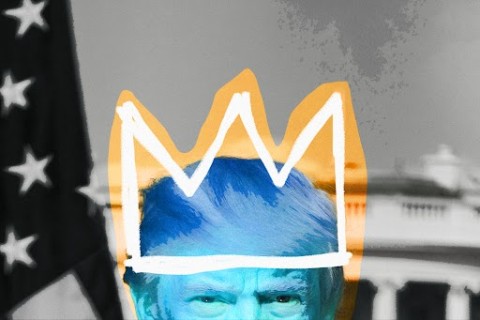Another look at Waco: Difficult lessons
Did federal agents start the conflagration in which 75 Branch Davidians died near Waco, Texas, on April 19, 1993? That question has been raised by many journalists as well as by paranoid militia groups and conspiracy theorists on the extreme right. Now it's being pursued by the U.S. government. Attorney General Janet Reno has directed former Senator John Danforth to investigate reports that the FBI tossed flammable grenades into the Branch Davidian compound. Danforth will also be investigating whether federal sharpshooters opened fire on the religious group that day. The FBI has denied such shootings, and though it has admitted launching several incendiary devices, it insists that these grenades did not start the fatal fire.
Danforth will primarily be investigating whether there was a cover-up of the evidence. The probe will be worthwhile if it does nothing more than reinforce the principle of governmental truth-telling. The least the government can do in a case like Waco is acknowledge what it did and why. Cover-ups add fuel to a cynicism about government, a cynicism that—partly because of the Waco events—has reached volatile levels in some quarters.
Reexamining the government's actions against the Branch Davidians can also clarify the rules of engagement in such a confrontation. Why did agents of the FBI and the Bureau of Alcohol, Tobacco and Firearms feel the need to step up the pressure on David Koresh and his followers? Why did they force a showdown by using military vehicles to open holes in the Davidians' buildings and launch canisters of tear gas? Absent clear evidence that people's lives inside the compound were in imminent danger, officials had every reason to continue to negotiate with Koresh.
Another look at Waco can also prompt reflection on how to relate to groups that espouse a radically different worldview. For Koresh and his followers, the symbolism in the Book of Revelation was much more relevant to everyday life than the world of prime-time television, the evening news, or the reasoning of law enforcement officers. James D. Tabor, a religion professor who sought to advise law enforcement officials in their standoff with Koresh, points out that in his talks with authorities Koresh assumed a deep familiarity with the intricacies of the Bible's apocalyptic passages. Indeed, according to Tabor's account in Why Waco?, coauthored with Eugene Gallagher, Koresh was what postmodern philosophers would call an intertextual thinker, living within the passages of scripture and constantly juxtaposing one text with another to make his point. This made him appear as a lunatic to federal agents. Tabor argues that if federal agents had taken Koresh's worldview more seriously and treated it more respectfully, they would have found a much more fruitful basis for negotiation.
It may turn out from Danforth's investigation that the tear-gas canisters did not start the fire and that there was no intentional cover-up of government actions. It also may turn out that the Waco catastrophe had as much to do with a failure of hermeneutical imagination as it did with incendiary devices (no matter whose) or aggressive law enforcement—a difficult lesson, perhaps, for those who delight in ridiculing the academic study of religion.



